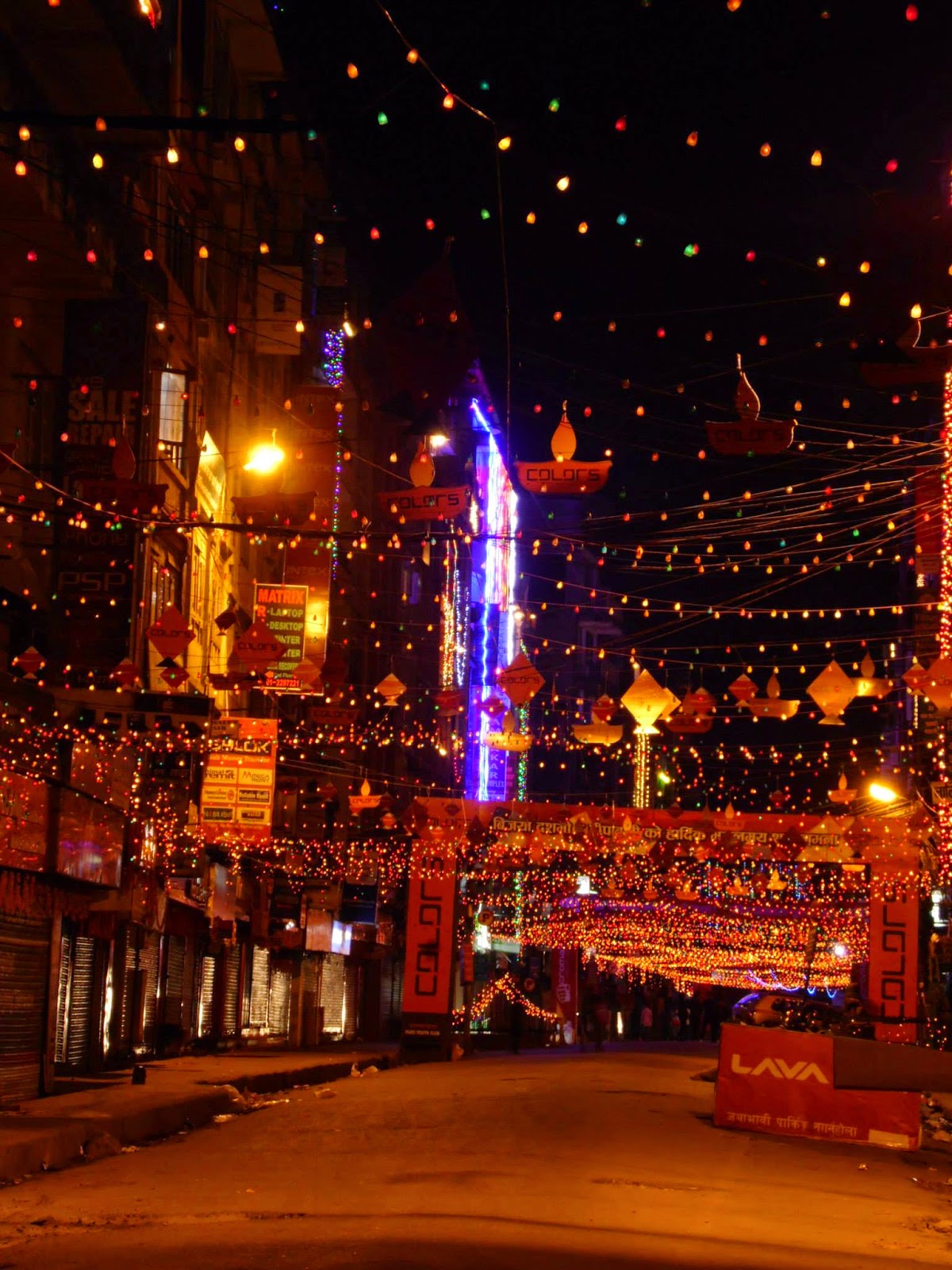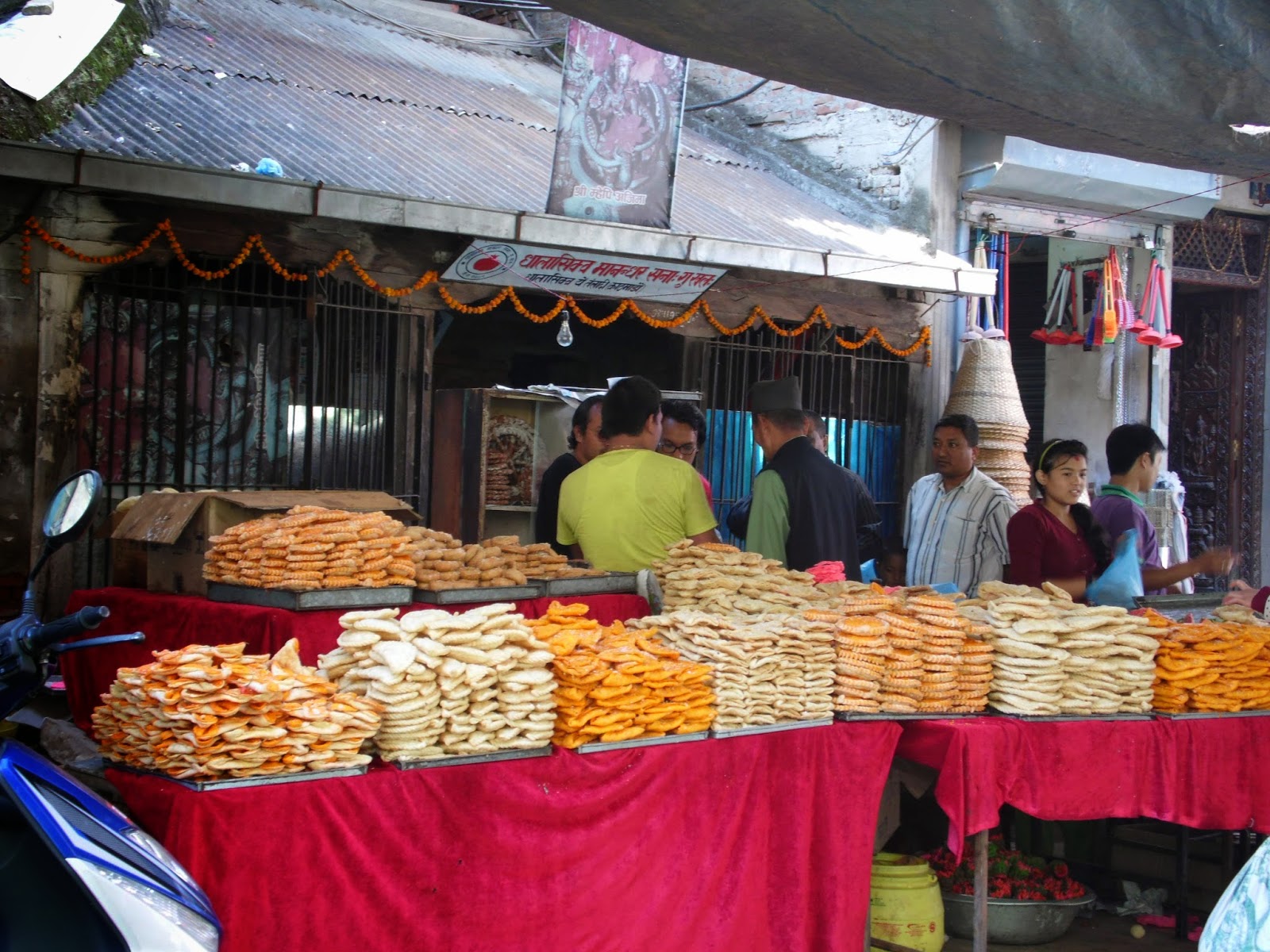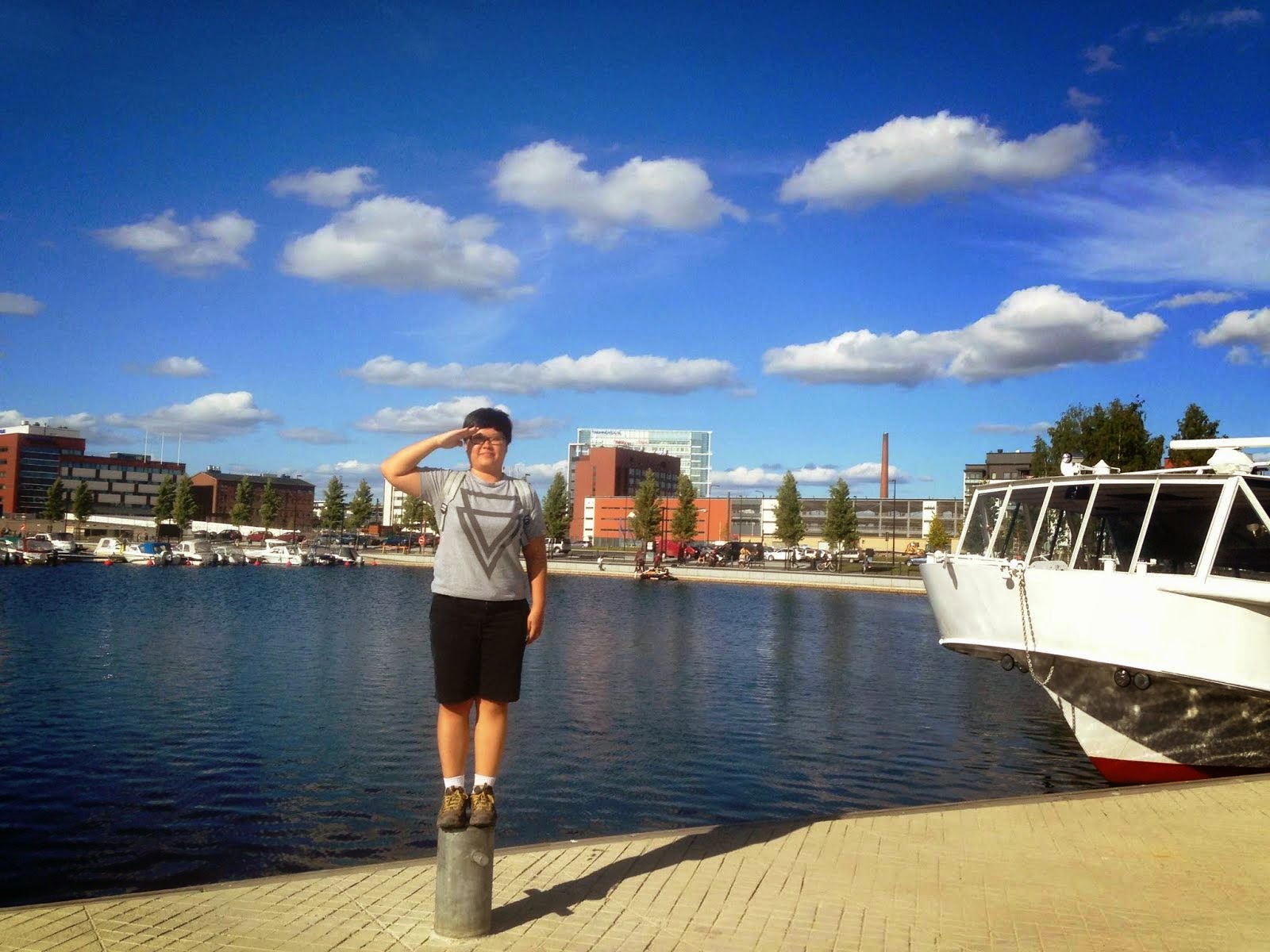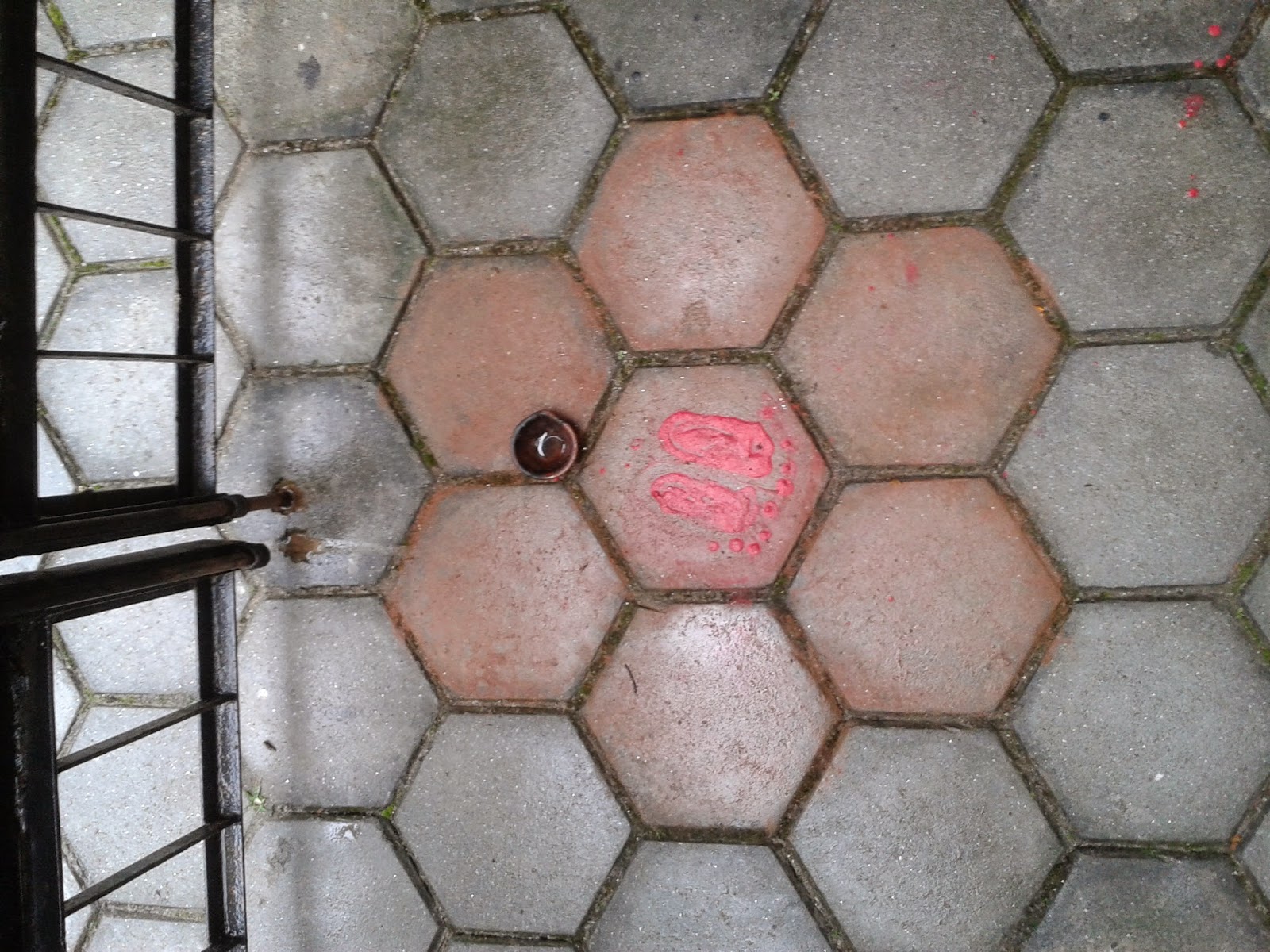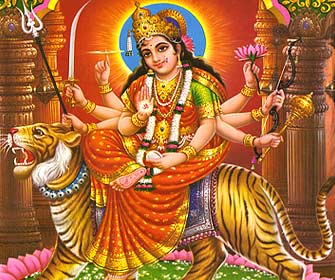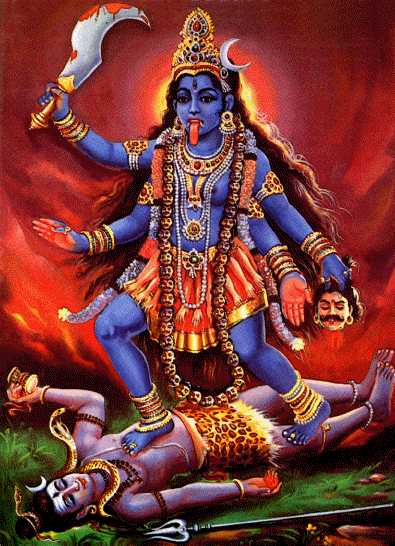Once again, I found myself wandering around Thamel, a
touristy area in Kathmandu. I had just borrowed a scooter from my friend and
was too excited to ride it but did not know the way to any other place rather
than Thamel. This time, I was hoping to score some Haruki Murakami’s books,
English version, with an affordable price since I had visited some book shops
in this area before and known that they carried lots of used books. It’s almost
impossible for me to purchase the English version of his books in Vietnam or
Finland. However, it seemed hopeless. Apparently, he is also very well-known
here. His books are often displayed up front in stores and wrapped with
plastic. A paper-cover book of his is about 8 dollars. Well, granted that it’s
cheaper than on Amazon but still … it’s expensive for me. Even though it’s not
hard to find pdf of his books online, it still feels better to physically have
a book in hands and read it whenever I feel like doing it; because there’s no
way I would understand Murakami’s books after reading them for the first time. Interesting note though, in Murakami's latest book (photo below), the main character goes all the way from Japan to Finland to find the truth to his past. There's some very familiar description of a summer cottage next to a lake somewhere in Hämeenlinna.
Anyway, as I was intensively checking titles of hundreds of
books in the “used books” sections in several book shops in Thamel, I was
amused by the similarity of the books collection they have here. It would be
the norm to find sections of books in anthropology, psychology, politics, economy,
history and especially religion in most of the book stores in Thamel. I have
not been to book stores in other areas yet so I cannot conclude for all. But it
should be surprising to see books that belong to academic references other than
traveling in this touristy area of the city. So far, I have spotted some books
that I know of such as Making Globalization Work by Joseph Stiglitz (I’m
actually doing a book report on this one!), The World Is Flat by Thomas L.
Friedman, etc.
There are also lots of history books of which the highlight
is Vietnam War. Yes, it seems like the world is very much interested in reading
about what happened in Vietnam during the time we were fighting for our
independence. I guess, the reason that it remains fascinating until this day is
the existence of one tiny Asian country that was able to kick the most powerful
nation in the ass by forces. Books about this war often flood the entire
history section of several book shops that I’ve been to. Don’t get me wrong, I’m
proud of the fact that the world knows of Vietnam with that strong image.
However, I am very tired of hearing about it or being asked about it every
single time people find out I am from Vietnam. I am fed up with documentaries
about Vietnam starting with the statement: “… years after Vietnam war, the
country is on a steady pace of development …” or something similar down that
road. It is about time that Vietnam should be known about things other than the
war such as its beautiful beaches, friendly people, to-die-for food,
picturesque landscape or some fascinating professions like ceramics, pottery or
even noodles-making, etc.
Regarding religion and culture, of course, there are
hundreds of books about Hinduism and Buddhism; how they are practiced in Nepal,
the number of God and Goddess (I was surprised that this book about Hindu God
and Goddess was so thin, considering that there are approximately 300 million
Gods and Goddesses in Hinduism!) There are several popular books about the
Living Goddess, the unique religious tradition of Nepali. Oh, now I am reminded
about this couple I met the other day in a book shop which was a pretty special
one in Thamel. The guy asked the shop keeper to suggest him any book at all
since it seemed like he was quite clueless on what kind of book he wanted. The
shop keeper suggested him lots of best-seller books which were made popular by
the movie version. Still, this guy couldn’t decide. I was reading a new
Murakami’s book which was just released early this year. I then suggested that
he should get one of Murakami’s books since they were terrific. However, when I
was briefing one of the books to him and made a comment that Murakami’s works
were quite dark and heavy, he said: “Oh, I am actually looking for something a
bit bright and easy to read.” I said: “Well, you go ahead and look for some chick
flicks then if you want something bright.” Upon existing the fiction section, I
suddenly remembered a perfect book: From Goddess to Mortal. I mentioned it in
one of the entries here. It’s a biography of a former Kumari, the Royal Living
Goddess of Kathmandu. I turned back to suggest the book to the couple; it is
absolutely a positive story, extremely interesting and it provides correct
knowledge of the most fascinating tradition of Nepal from someone who has
actually been through it. To my surprise, they were oblivious about this famous
cultural feature of Nepal. I wondered how they did not even have a vague idea
about Kumari when her photos are displayed every where around the city. And if
I was not mistaken, the girl was holding a Nepal guide book as well and I am
pretty sure that no Nepal guide book would miss out information on Kumari. Man,
this is so unfair for the country. Guys, please, do some research before you
travel to any country at all! You spend lots of money anyway, don’t waste it by
coming back from the trip with only photos in your cameras.
*long sigh* haizz .....
Geography wise, books about Tibet are plenty in all the book
stores. I’m not sure why though. Maybe it’s because they’re very close to each
other and people often travel there after Nepal.
The number of fiction books though is the biggest among all.
I think it is true in most books stores I’ve ever been to. The most popular
series is obviously Dan Brown’s collection. Every single book store here
carries Dan Brown’s, from used books to brand new ones. This is also true for
Stephen King’s novels or Sidney Sheldon’s. And OMG, Twilights and Fifty Shades
of Grey are every where! Well, I have to admit that I once finished more than
1000 pages of Fifty Shades of Grey within two weeks or so; when its e-book was
still available on Internet. But it’s the kind of story that I would read for one
time and then never come back to it again. So, I wouldn’t really want to spend
money on the books. Twilights? Do not even mention it! What a waste of papers!
 |
| Sidney Sheldon collection |
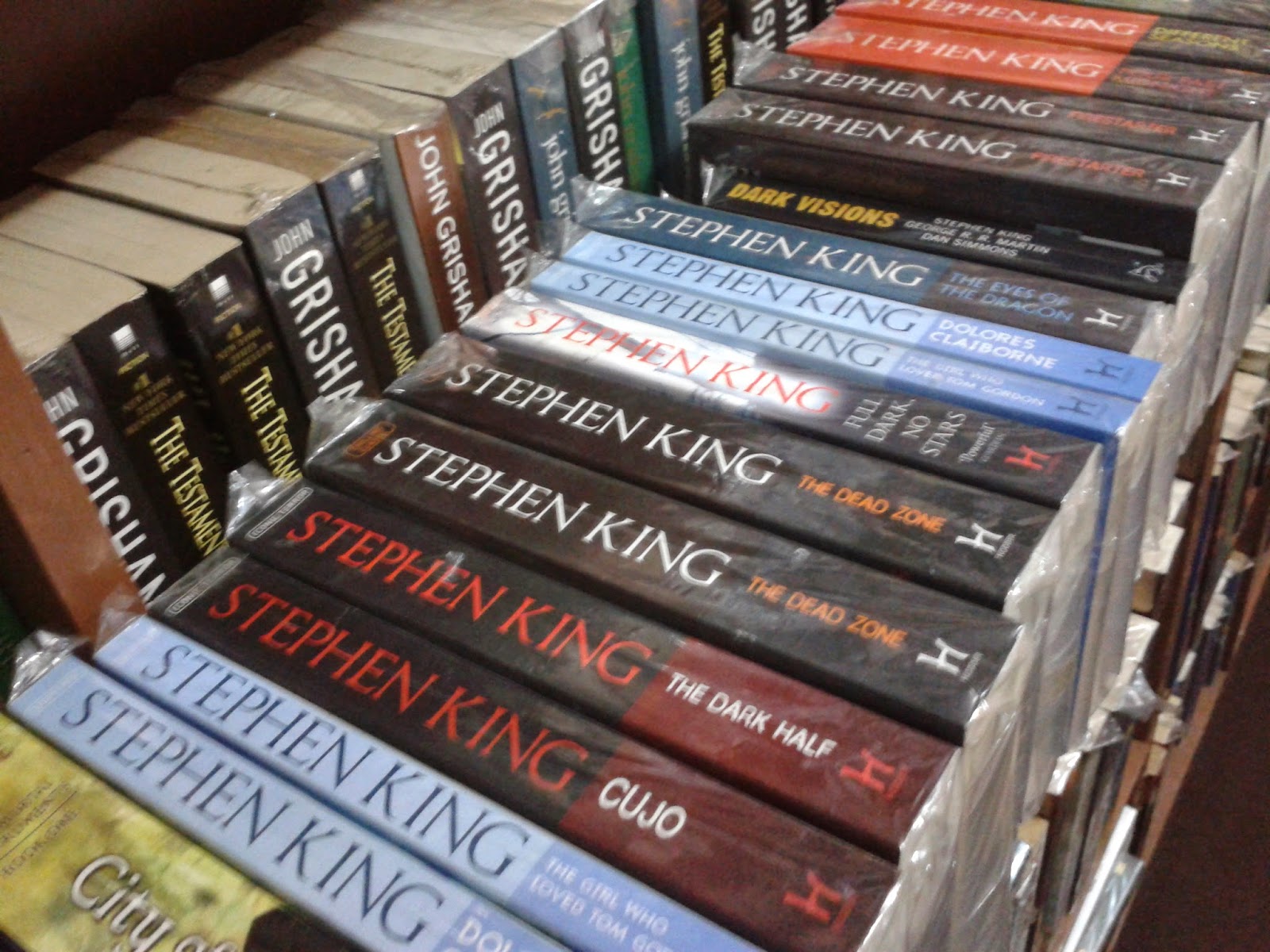 |
| Stephen King collection |
What I find surprising is some classic book series are so
cheap here compared to the price of English books I would have to pay in
Vietnam; especially Sherlock Holmes. I texted my younger sister immediately
when I found out and she asked me to buy the collection of short stories for
her. She cannot go through with the long stories. I checked and this collection
cost 400 rupees (about 4 USD). I mean … wow! So, I’m thinking maybe I’ll buy the
long-stories collection too, so that when her English is a bit more advanced,
she’ll be able to read it. It’s good practice anyway. There’s no downside of
purchasing a good book. Ah, lots of copies of Shakespeare’s plays are also often
seen on display.
Regarding reading culture, I do think many Nepali are big
readers since they take education very seriously. Schools, colleges or
universities can be seen in every corner of the city. Around my neighborhood, I
can easily point out at least 10 education institutions ranging from
kindergarten to university. Even from
the 80s, girls were already encouraged to go to schools and their families
would be so proud if they did well in schools. I learned this from reading the
book From Goddess to Mortal. The family of Rashmila – the former Kumari in the
book, has four daughters and one son. All of them receive equal opportunities
to attend schools and reach their academic potential. Because Goddess is
believed to know everything, the chosen Kumari, the incarnation of Goddess
Taleju, was not expected to attend classes. While most Kumaris (before the year
of 2000, I think) retired from the office almost illiterate, Rashmila, with
support from her family, found her way back to elementary school when she was
already 12 years old. She had to work much harder than other students in order
to skip 2 grades every year and catch up with students of her own age. Since
the new democratic government was formed, there has been improvement on this
matter. Kumaris now have their private teacher come to Kumari’s House (Kumari
Ghar, in their language) to teach them for a few hours every day. So, when they
retire from being Kumari, they can attend classes with students of their own
age immediately without much struggle.
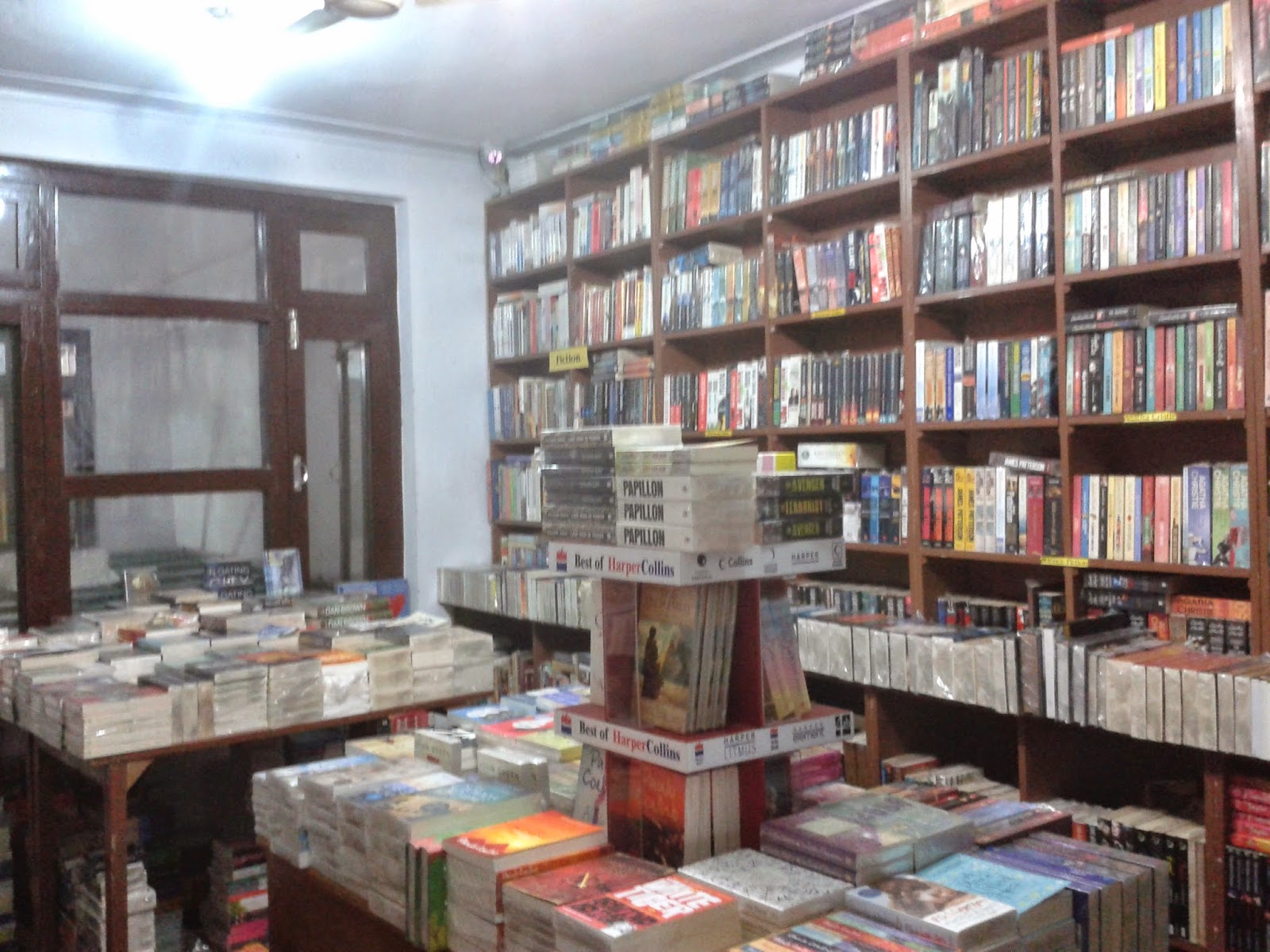 |
| Pilgrim Book Store, Thamel |
Well, this entry surely makes me sound like a big reader but
the fact is I am not. It is true that when I am really interested in something,
I can spend hours reading a book about it. I enjoy going to book stores,
reading books and ending up not buying anything, haha. But I find it interesting
as I observe the book collections here. Supply should meet demand. Book stores carry books that are actually bought by readers. It would not make sense to do otherwise. So it also reflects on
the reading taste of Nepali, even though this area is very touristy.
 |
| A slogan on the importance of education on a street of Kathmandu |











